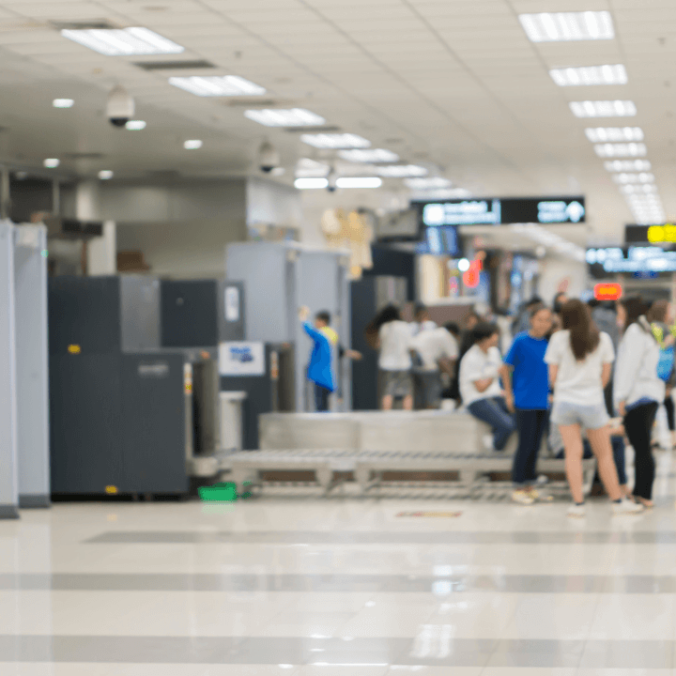In today’s world, airport security measures have become paramount in ensuring the safety and well-being of travelers, airport personnel, and the general public. With the evolving threat landscape posed by terrorism and other security concerns, airports serve as critical points of vulnerability that require robust security protocols to mitigate risks effectively. This article delves into the significance of airport security measures and their role in safeguarding the traveling public.
First and foremost, airport security measures are essential for preventing acts of terrorism and other malicious activities. Airports represent high-profile targets for terrorists seeking to inflict harm, disrupt transportation systems, and instill fear in society. By implementing stringent security measures such as passenger screening, baggage checks, and surveillance systems, airports can deter potential threats and detect suspicious behavior or items before they pose a danger.
Moreover, airport security measures play a crucial role in maintaining public confidence in air travel. In an era marked by heightened security concerns, travelers expect airports to provide a safe and secure environment for their journeys. Effective security measures not only protect passengers and personnel but also instill trust in the aviation industry, encouraging individuals to continue using air transportation despite security challenges.
Additionally, airport security measures contribute to international efforts to combat transnational crime, including drug trafficking, human smuggling, and illegal immigration. Airports serve as gateways for global travel and trade, making them susceptible to various forms of criminal activity. By implementing robust security protocols and collaborating with law enforcement agencies, airports can intercept illicit goods, apprehend criminals, and disrupt criminal networks operating across borders.
Furthermore, airport security measures are essential for safeguarding critical infrastructure and national security interests. Airports house vital assets such as aircraft, fuel supplies, and communication systems that are indispensable to the functioning of society and the economy. Protecting these assets from sabotage, theft, or cyber attacks is paramount to ensuring the continuity of air transportation and national defense capabilities.
Another key aspect of airport security measures is their role in promoting international cooperation and information sharing. In an interconnected world where threats transcend borders, collaboration between countries and international organizations is essential for addressing security challenges effectively. Airports serve as focal points for this cooperation, facilitating the exchange of intelligence, best practices, and resources to enhance security on a global scale.
Moreover, airport security measures contribute to the overall resilience of transportation systems in the face of emergencies or crises. Whether responding to natural disasters, pandemics, or acts of terrorism, airports must have robust contingency plans and emergency preparedness measures in place to ensure continuity of operations and protect the safety of passengers and personnel.
Airport security measures are of paramount importance in today’s complex and interconnected world. By implementing stringent protocols, leveraging technology, and fostering collaboration, airports can effectively mitigate security risks, protect critical infrastructure, and maintain public confidence in air travel. As threats continue to evolve, airports must remain vigilant and adaptable, continuously refining their security measures to address emerging challenges and ensure the safety and security of all stakeholders.


